Farm & Ranch
[AgriLife Today] School integrated pest management training set for July 28 in Dallas
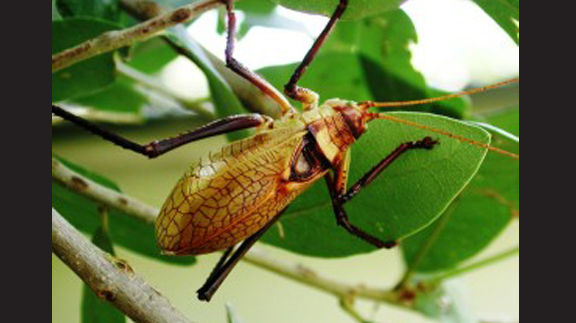
(Photo: A day-long program on school integrated pest management will be held July 28 in Building C of the Texas A&M AgriLife Research and Extension Center at 17360 Coit Road in Dallas. (Texas A&M AgriLife Extension Service photo))
By: Paul Schattenberg
DALLAS – A one-day program for school integrated pest management coordinators will be held July 28 at the Texas A&M AgriLife Research and Extension Center in Dallas.
“All Texas public school districts must have an integrated pest management program and must appoint and train a pest management coordinator to oversee all pesticide and pest control operations,” said Janet Hurley, Texas A&M AgriLife Extension Service school integrated pest management specialist in Dallas.he program is scheduled from 8:30 a.m.-4:30 p.m. in Building C classroom at the center, which is at 17360 Coit Road.
Integrated pest management, or IPM, can be used by anyone with proper training, Hurley said, adding that AgriLife Extension is the only state agency that conducts required training in school IPM.
“If you’re a new integrated pest management coordinator and have not yet taken the six-hour mandatory training, this class is for you,” she said. “But whether this is your first time or you just need a refresher course, this class will help coordinators understand their role in the school IPM program and help prepare them for Texas Department of Agriculture inspections.”
She said school integrated pest management coordinators are mandated by the state to obtain six hours of continuing education credits every three years.
The course will cover legal requirements for schools, an introduction to IPM, how to monitor schools under the new requirements and a hands-on exercise to understand the difference between green, yellow and red category pesticides.
The program fee is $135. Advanced registration is requested through the Texas A&M AgriLife Extension Conference Registration website at https://agriliferegister.tamu.edu. Enter “IPM” in the search to find the class. Registration at the door will be $155.
All participants will receive a three-ring notebook with necessary forms and paperwork on school IPM program implementation, Hurley said.
“If schools in the area would like to have their IPM program reviewed, we are willing to do that free of charge,” Hurley said.
For more information about school integrated pest management, go to http://schoolipm.tamu.edu or call 877-747-6872. For questions about registering with a purchase order or to request W-9 forms, call 979-845-2604.
-30-
Farm & Ranch
Managing Show Cattle Through The Winter

By Heather Welper
Husband and wife duo, Heather and Calvin Welper, are the Co-Owners and Operators or Two C Livestock, located in Valley View, Texas.
The pair’s operation has a show cattle focus where they raise and sell purebred heifers of all breeds and club calf Hereford steers.
When it comes to show cattle, the Welpers know a thing or two including how to prepare for the cold winter months and the Texas major show season run.
To read more, pick up a copy of the November edition of North Texas Farm & Ranch magazine, available digitally and in print. To subscribe by mail, call 940-872-5922.
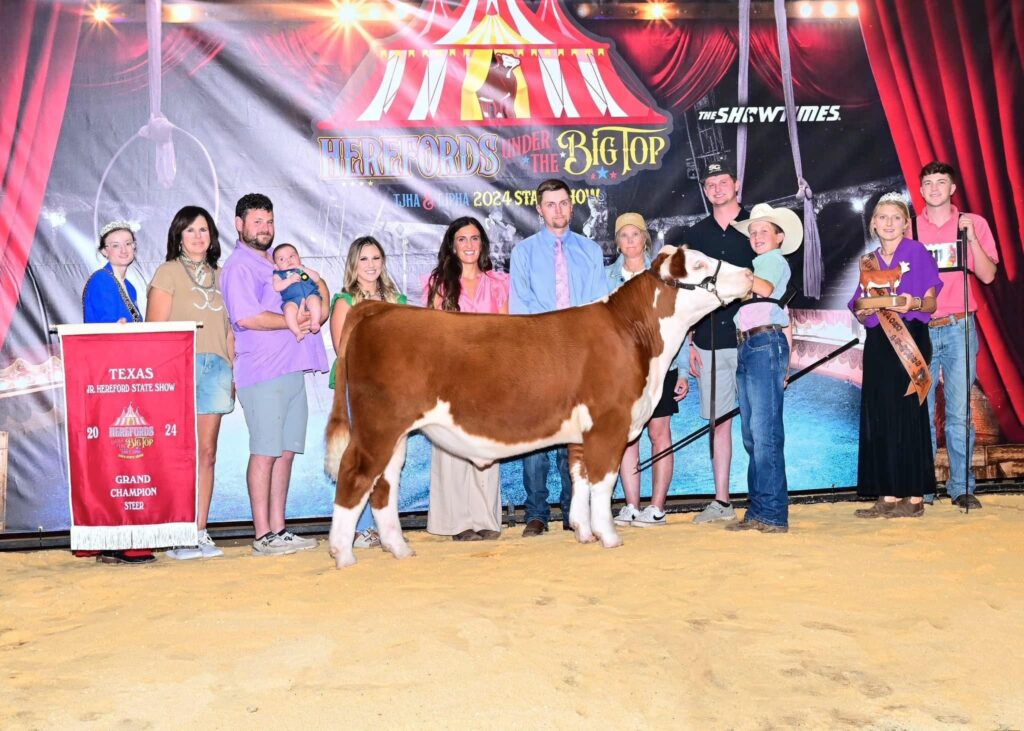
Farm & Ranch
Double M Ranch & Rescue

By Hannah Claxton, Editor
As the sun rises each day, so do the dozens of mouths that Meghan McGovern is responsible for getting fed. Rather than the sounds of a rooster crowing, McGovern hears the bellows and bleats of a variety of exotic deer, the chortle of kangaroos, the grunts of water buffaloes, and the chirps of a lemur.
Nestled against the banks of the Red River, the Double M Ranch and Rescue, with its high game fences and deer sprinkling the landscape,s its in stark contrast to the surrounding ranches.
“Having deer is kind of like eating potato chips- you can never actually have just one,” said McGovern with a laugh.
McGovern has several herds to take care of- fallow deer, axis deer, water buffalo, goats, and bison. In smaller numbers, there’s also a few kangaroos, a lemur, a potbelly pig, a pair of zebras, a watusi, and a few horses.
To read more, pick up a copy of the November edition of North Texas Farm & Ranch magazine, available digitally and in print. To subscribe by mail, call 940-872-5922.
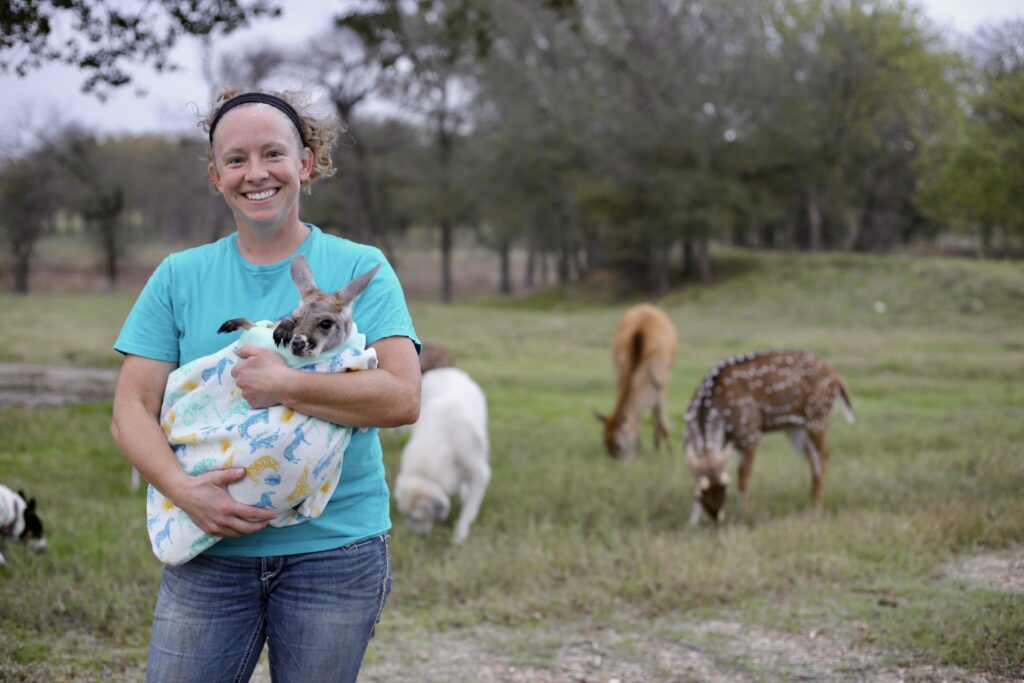
Farm & Ranch
Acorn Toxicity
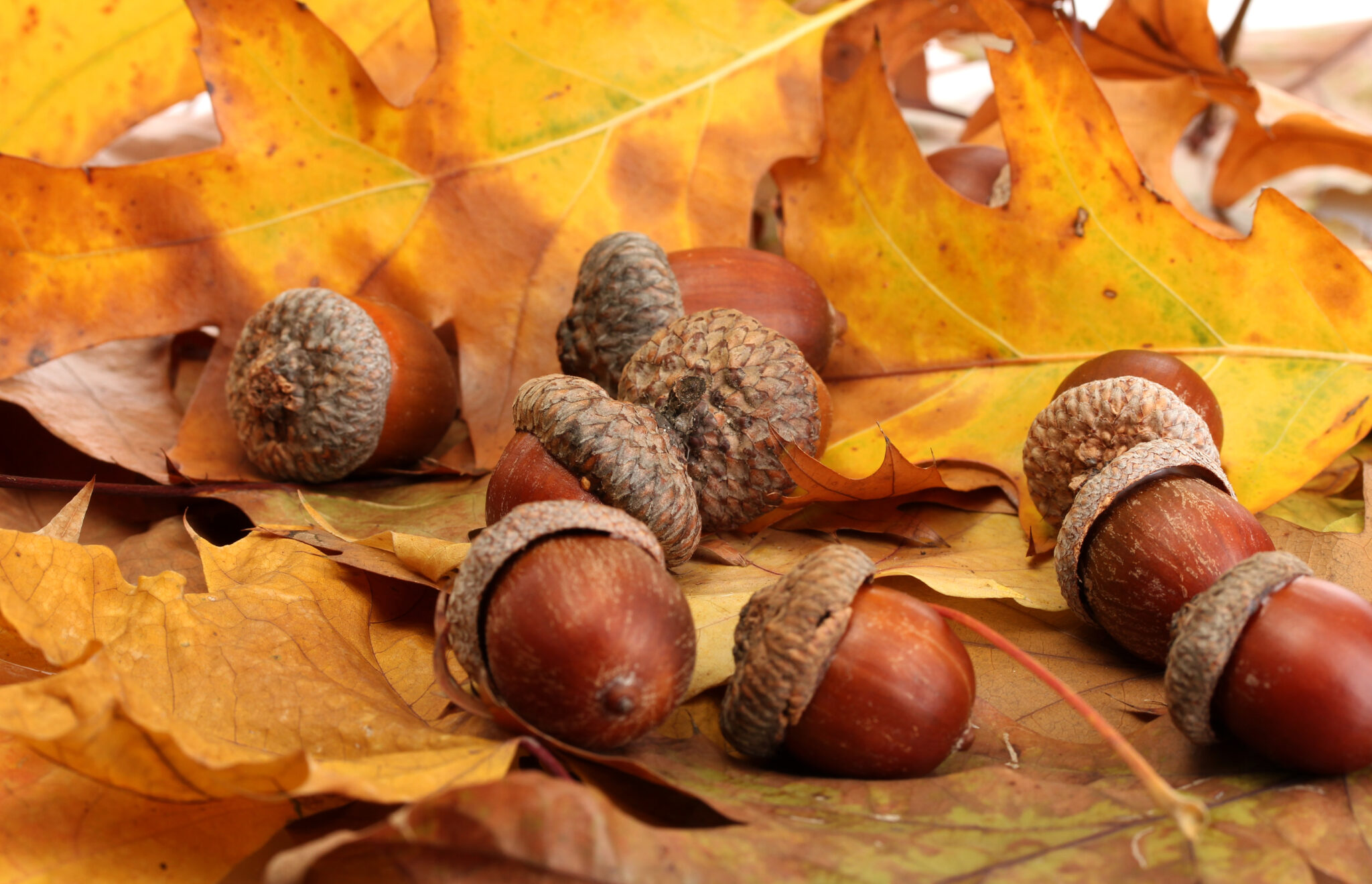
By Barry Whitworth, DVM, MPH
With the prolonged drought, most pastures in Oklahoma end up in poor condition. With the lack of available forage, animals may go in search of alternative foods.
If oak trees are in the pastures, acorns may be a favorite meal for some livestock in the fall. This may result in oak poisoning.
Oak leaves, twigs, buds, and acorns may be toxic to some animals when consumed.
To read more, pick up a copy of the November edition of North Texas Farm & Ranch magazine, available digitally and in print. To subscribe by mail, call 940-872-5922.
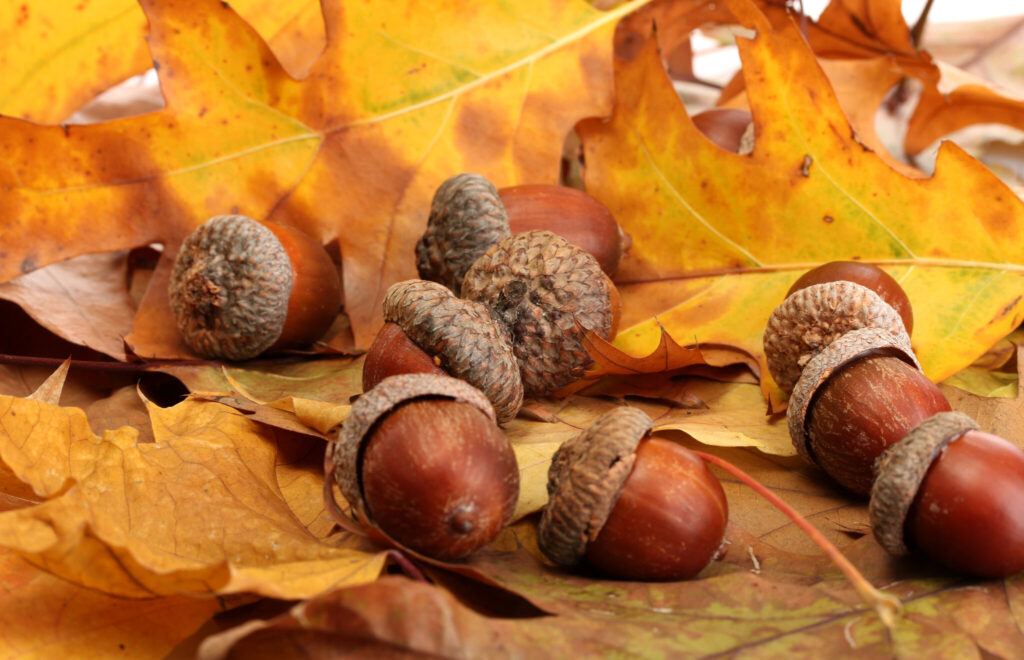
-

 Country Lifestyles2 years ago
Country Lifestyles2 years agoScott & Stacey Schumacher: A Growth Mindset
-

 Country Lifestyles8 years ago
Country Lifestyles8 years agoStyle Your Profile – What your style cowboy hat says about you and new trends in 2017
-

 HOME8 years ago
HOME8 years agoGrazing North Texas – Wilman Lovegrass
-

 Outdoor10 years ago
Outdoor10 years agoButtercup or Primrose?
-

 Country Lifestyles5 years ago
Country Lifestyles5 years agoAmber Crawford, Breakaway Roper
-

 Country Lifestyles9 years ago
Country Lifestyles9 years agoJune 2016 Profile – The man behind the mic: Bob Tallman
-

 Equine1 year ago
Equine1 year agoThe Will to Win
-

 Country Lifestyles8 years ago
Country Lifestyles8 years agoDecember 2016 Profile, Rusty Riddle – The Riddle Way




